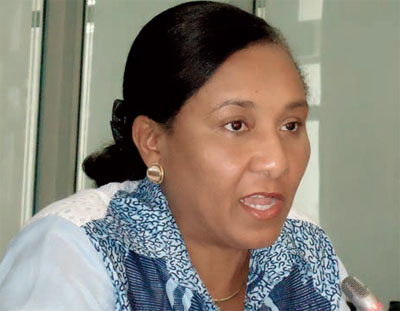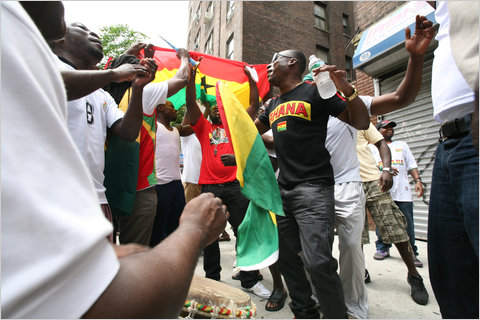2015 will be difficult – Deputy Finance Minister
- Posted on
- Comment
Next year will see a lot of Ghanaians reeling under another load of economic difficulties as a way of correcting the numerous wrongs perpetrated by Government this year, Deputy Finance Minister, Mona Quartey, has admitted.
Ms Quartey, who spoke in a recent interview with Joy Fm, an Accra-based radio station, noted that even though 2014 really made Government unpopular among Ghanaians, 2015 might be difficult because that is when a lot of mistakes would be corrected. “(Next year) 2015 will be tough.
There is no joking about that because that is when we are doing a lot of corrections but it will be tough, we know that it will get better so there is expectation that everything will be fine.”
This year, Ghana’s economy was confronted head on with a lot of problems, among which was the depreciation of the local currency in relation to the major international ones. It would be recalled that at a period it gained notoriety for being among the world’s worst performing currencies.
Adding to the woes of Government were industrial strike actions by public sector workers who claimed their working conditions were not proper, while also complaining about the proper management of their tier two pension funds.
The deputy minister indicated also that the flow of gas from the Atuabo Gas Processing Plant was welcome news since that would help to solve Ghana’s unending power challenges.
“Ghana gas is now running and gas is being turned into the energy sector.”
In another development, the Public Utilities Regulatory Commission has announced that existing electricity and water tariffs would remain unchanged for January to March 2015.
A lot of Ghanaians have expressed disappointment at both the PURC and especially the National Petroleum Authority (NPA) for going mute when the price of crude oil on the world market had drastically reduced.
Ghanaians had expected that once the oil price reduced, that would reflect in the price of petroleum products locally, according to the automatic price adjustment formula; but that has not been the case.
BY Samuel Boadi











 (Selorm) |
(Selorm) |  (Nana Kwesi)
(Nana Kwesi)